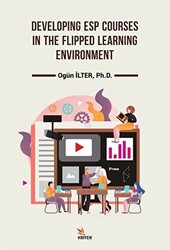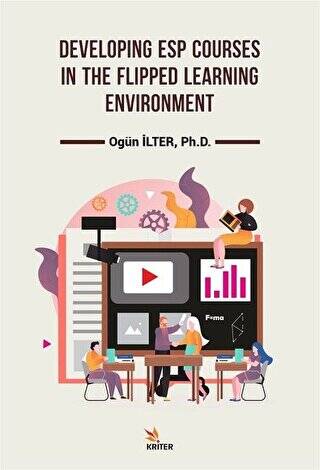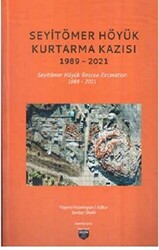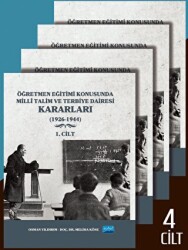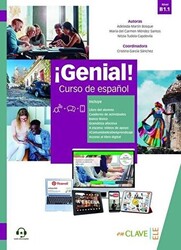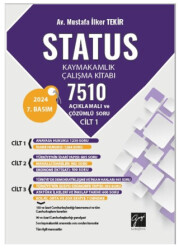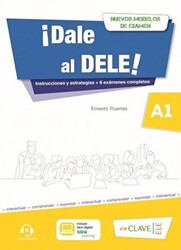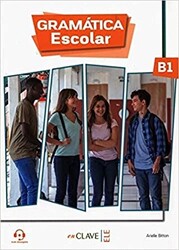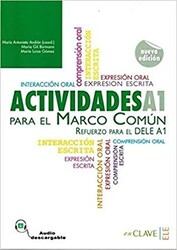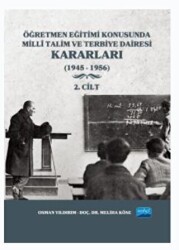Developing Esp Courses In The Flipped Learning Environment
Tükendi
Stok AlarmıThe question, ‘Who should teach courses in English for Specific Purposes (ESP)?’ has been a matter of controversy for decades in the field of English language teaching (ELT). However, in the course of time, there has appeared to be a consensus on allocating the responsibility of teaching ESP courses to English teachers due to their overwhelming success in teaching practice in comparison to content experts. In fact, the success of ESP teachers appears to rely on the five key roles identified by Dudley Evans and St. John (1998) who called them ‘ESP practitioners’, which are the roles of a teacher, a researcher, a course designer, a material provider, a collaborator and an evaluator.
In this book, you will find a compact pack of how to become ‘an ESP practitioner’ by following the footsteps of the leading researchers in the ESP literature. Besides, it is the responsibility of ESP practitioners at tertiary level education to catch up with the needs and mindset of the generation Z individuals via technology-integrated pedagogical strategies as is the case with one of the recent blended learning approaches, the flipped learning approach. Thus, in this book you will also find the elements of creating a flipped learning environment, relying on the related literature on how to become a flipped learning practitioner.
On this basis, driven by Dr İlter’s doctoral dissertation, ‘Developing ESP Courses in the Flipped Learning Environment’ is relied on an evidence-based literature review concerning the flipped learning perspective in ESP practices in EFL settings. It is hoped that this review will satisfy an existing need in the ESP field by suggesting the flipped learning strategy as an alternative to benefit from in the design and implementation processes of developing an ESP course at a tertiary level EFL setting.
